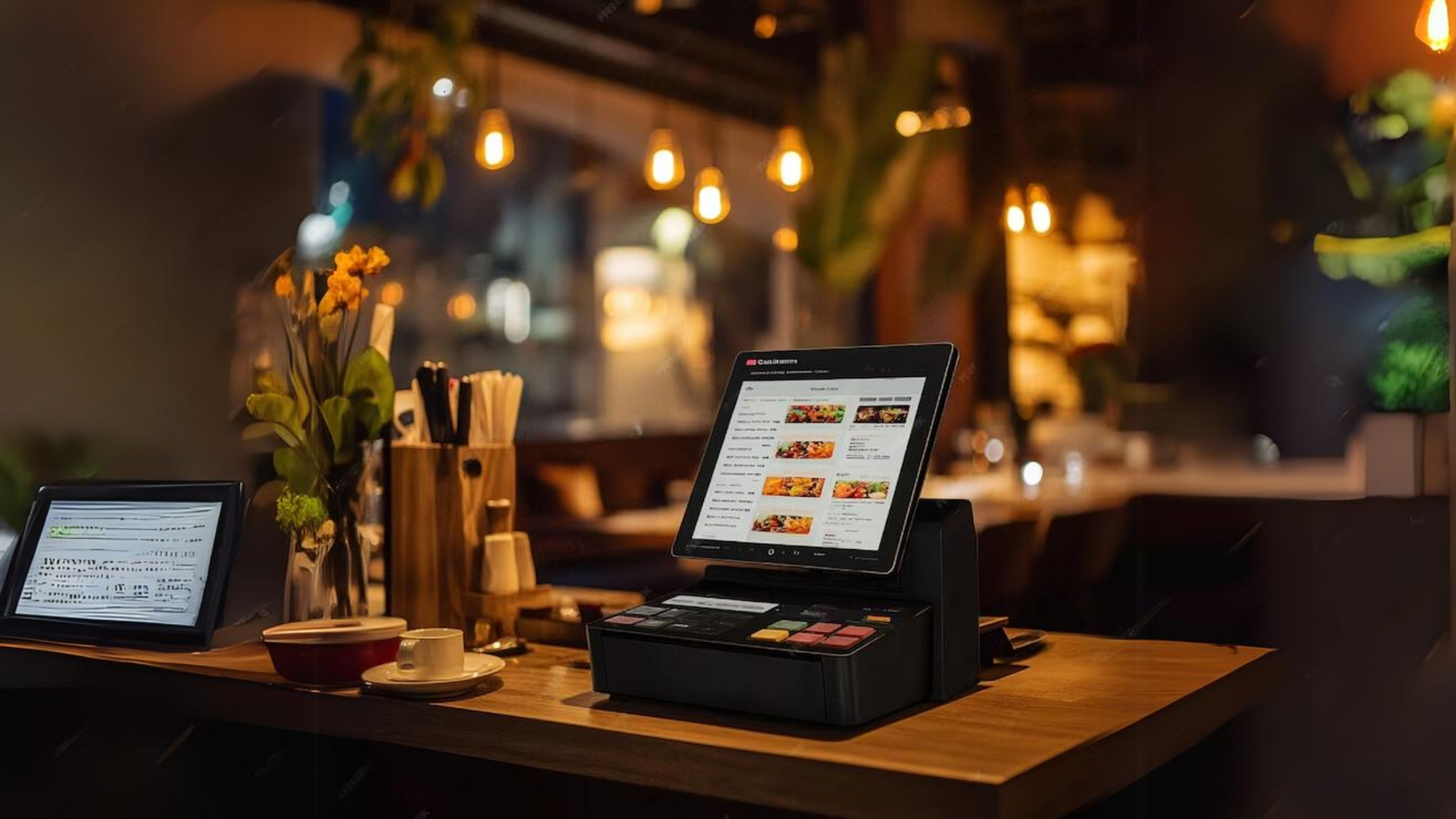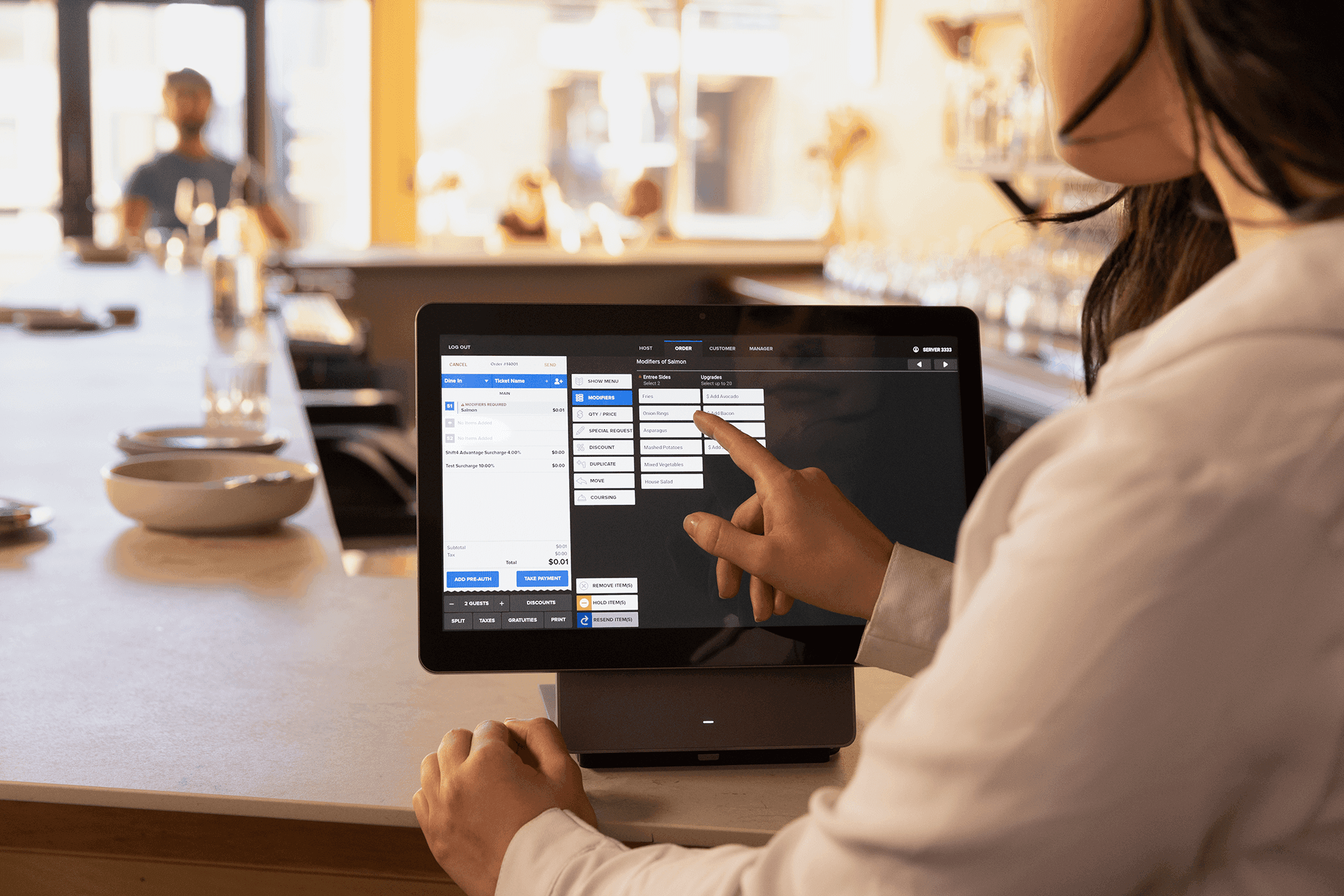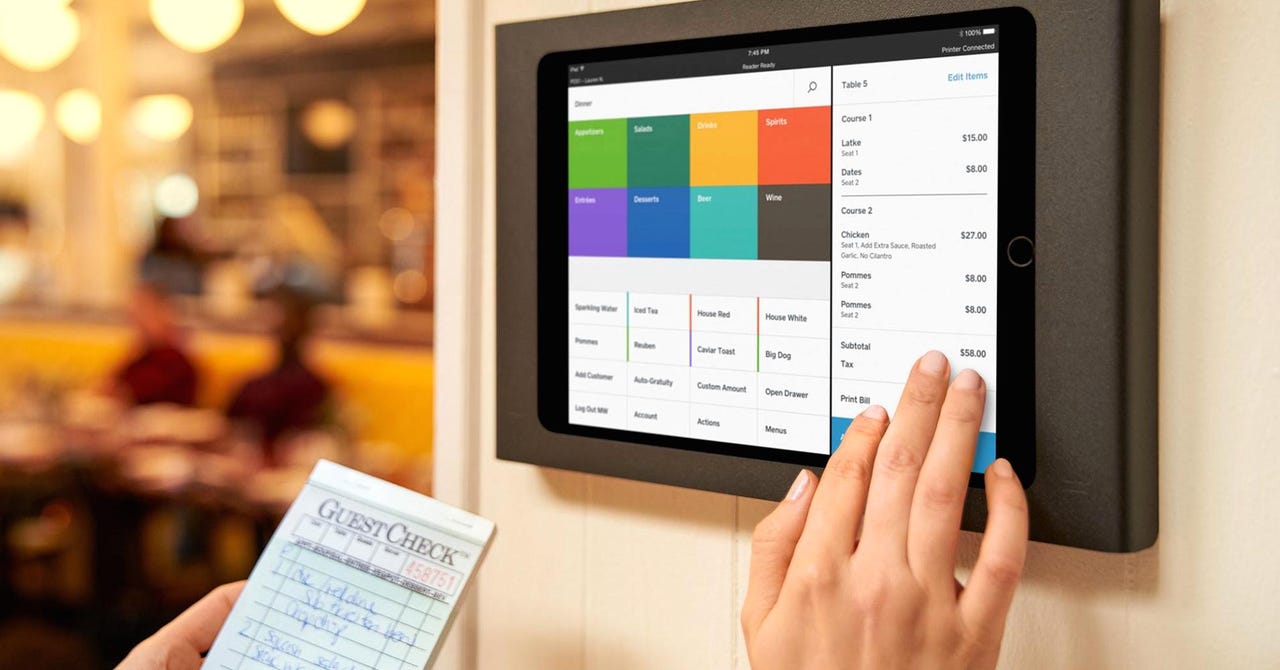Recognizing the Importance of POS Software in Modern Retail Operations
In today's retail landscape, the duty of POS software has become progressively substantial. These systems have actually changed from basic cash signs up to diverse devices that boost different aspects of operations. They not just improve purchases but also give insights that can shape organization strategies. Comprehending just how these systems effect consumer experience and inventory administration is important for any type of retailer seeking to continue to be competitive. The implications of these developments warrant additional expedition.
The Development of POS Software: From Deal Handling to Comprehensive Solutions

Enhancing Client Experience Through Advanced POS Features

Improving Supply Monitoring With Integrated POS Systems
Integrated POS systems play an essential duty in improving stock management by automating procedures that traditionally needed considerable manual effort. These systems enable sellers to track inventory levels in actual time, getting rid of inconsistencies that typically emerge from hands-on supply matters. With attributes such as barcode scanning and automated stock replenishment notifies, companies can keep perfect inventory levels without overstocking or stockouts.Furthermore, incorporated POS systems help with accurate projecting by assessing historical sales data, allowing merchants to make enlightened acquiring choices. This anticipating ability assists companies adjust to changing consumer needs and seasonal fads much more effectively.Additionally, the centralization of inventory data throughout multiple sales networks boosts visibility, allowing stores to manage their stock more effectively. Ultimately, the combination of POS systems into inventory administration simplifies procedures, minimizes human error, and contributes to increased earnings.
Real-Time Sales Tracking and Reporting for Informed Decision-Making

Precise stock management lays the groundwork for effective sales monitoring and reporting. Real-time sales tracking makes it possible for retailers to keep an eye on sales performance as it happens, providing prompt understandings right into client getting patterns and trends. This ability permits businesses to respond swiftly to fluctuations sought after, maximizing stock degrees and decreasing overstock or stockouts.Moreover, integrated POS systems help with the generation of detailed records, highlighting essential metrics such as sales by category, period, and private products. Such coverage capabilities encourage merchants to make data-driven decisions, identifying effective strategies and areas requiring enhancement.
The Duty of POS Software in Customer Relationship Monitoring
POS software plays a crucial function in boosting client partnership administration by making it possible for retailers to execute customized marketing techniques. By analyzing consumer data, businesses can customize promos and communications to meet individual preferences. Furthermore, these systems assist in the development of improved loyalty programs that urge repeat organization and reinforce consumer engagement.
Personalized Advertising Methods
As retailers increasingly look for to enhance consumer commitment and interaction, personalized marketing techniques have emerged as a vital component of reliable client connection management. POS software plays an important role in this procedure by gathering and analyzing consumer information, allowing sellers to customize advertising efforts to private preferences and shopping behaviors. By leveraging insights from acquisition backgrounds, retailers can develop targeted promos and customized communications that resonate with consumers, fostering a much deeper connection. Additionally, the assimilation of POS software next with customer partnership monitoring systems enables seamless tracking of customer communications, making sure that marketing approaches stay appropriate and prompt (Restaurant POS Software). This data-driven method not just enhances client satisfaction yet likewise drives sales and motivates repeat business, strengthening the store's market setting
Enhanced Commitment Programs
Sellers are significantly acknowledging the importance of loyalty programs in promoting long-term customer partnerships and improving total engagement. POS software plays an essential duty in the development and management of these programs, enabling sellers to track consumer acquisitions, preferences, and behaviors successfully. By leveraging information analytics, businesses can develop personalized rewards and rewards that reverberate with private clients, thus boosting engagement in commitment programs. In addition, POS systems make it possible for smooth combination with mobile apps and electronic systems, facilitating easy access to rewards and promotions. This not only enhances customer fulfillment yet likewise drives repeat service. Ultimately, POS software encourages retailers to cultivate much deeper connections with their clients, changing occasional buyers right into loyal customers via targeted and meaningful engagement methods.
Integrating POS Systems With E-Commerce Platforms for Omnichannel Success
To accomplish real omnichannel success, smooth assimilation in between point-of-sale (POS) systems and e-commerce platforms is vital. This assimilation enables sellers to merge their supply monitoring, making certain that product availability is precisely reflected across both online and physical shops. Clients gain from a natural buying experience, where they can quickly switch in between networks without experiencing discrepancies.Furthermore, integrated systems facilitate real-time data sharing, enabling services to evaluate client behavior and preferences better. This data-driven technique enables merchants to customize advertising and marketing strategies and enhance stock degrees, ultimately boosting customer contentment and driving sales.Additionally, the ability to procedure transactions across platforms simplifies operations, decreasing the threat of mistakes and improving overall efficiency. As sellers significantly adopt omnichannel strategies, the combination of POS systems with e-commerce systems continues to be an important consider achieving sustainable development and maintaining affordable advantage in the vibrant retail landscape.
Future Trends in POS Modern Technology and Their Effect On Retail Procedures
As retail procedures develop, future trends in POS innovation are established to reshape the landscape significantly. The increase of cloud-based services, developments in mobile POS systems, and the advantages of AI assimilation are among the key developments prepared for to improve performance and consumer experience. These developments guarantee to improve procedures and foster a much more vibrant retail atmosphere.
Cloud-Based Solutions Surge
With the raising dependence on modern technology, cloud-based POS solutions are transforming retail operations by using improved adaptability and scalability. These systems allow sellers to accessibility real-time information from anywhere, assisting in far better decision-making and customer support. By leveraging cloud facilities, organizations can decrease upfront prices connected with software and hardware installations while making certain smooth updates and upkeep. Furthermore, cloud-based solutions support multi-location management, allowing retailers to integrate stock and sales across various electrical outlets easily. This flexibility is important in today's busy market, where customer preferences change rapidly. As even more sellers adopt these remedies, they can anticipate better functional efficiency and a more responsive strategy to market needs, eventually enhancing customer complete satisfaction and commitment.
Mobile POS Innovations
The advancement of retail innovation remains to shape operations, specifically with the increase of mobile POS advancements. These systems make it possible for stores to refine deals anywhere within the shop, improving consumer interaction and streamlining checkout procedures. Mobile POS remedies enhance supply management by enabling immediate access to stock levels, aiding personnel aid customers extra efficiently. Furthermore, they facilitate tailored buying experiences through integrated consumer information and commitment programs. As mobile phones become significantly sophisticated, merchants are adopting functions such as contactless settlements and digital receipts, furthermore optimizing the acquiring trip. The shift in the direction of mobile POS not just enhances company website functional performance but also lines up with the growing customer preference for convenience, ensuring that retailers stay competitive in a swiftly evolving market.
AI Integration Advantages
AI combination stands for a transformative jump in POS technology, providing merchants a myriad of advantages that enhance operational performance and customer experience. By leveraging device discovering formulas, retailers can examine purchasing click for info patterns and enhance stock administration, decreasing waste and stockouts. Furthermore, AI-powered analytics supply individualized advertising referrals, allowing targeted promos that increase customer interaction and commitment. Additionally, chatbots and virtual assistants improve consumer solution, permitting quicker resolution of queries and improving the general purchasing experience. Anticipating analytics can likewise forecast need fads, making it possible for smarter staffing and source appropriation. Eventually, the assimilation of AI in POS systems encourages sellers to make data-driven decisions, fostering an one-upmanship in an ever-evolving retail landscape.
Frequently Asked Concerns
What Are the Costs Associated With Implementing POS Software?
The costs related to applying POS software can include software licensing charges, hardware costs, installment fees, training expenses, and ongoing maintenance. Each element adds to the general financial investment required for a successful implementation.
How Can Tiny Retailers Gain From POS Systems?
Small stores can profit from POS systems through enhanced purchase efficiency, streamlined supply administration, and boosted consumer insights. These systems allow better decision-making, eventually resulting in raised sales and consumer complete satisfaction in open markets.
What Hardware Is Required for a POS System?
A normal POS system requires vital hardware components, including a touchscreen screen, money cabinet, barcode scanner, invoice printer, and settlement terminal. These components work together to promote effective purchase processing and stock management for retailers.

Can POS Software Be Customized for Specific Retail Needs?
POS software can certainly be customized to meet particular retail requirements. Restaurant POS Software. This versatility permits organizations to customize attributes, user interfaces, and coverage devices, boosting operational performance and giving a more tailored experience for both staff and clients
How Protected Is Client Data in POS Systems?
The safety and security of consumer data in POS systems differs widely. Many systems apply file encryption, safe gain access to controls, and routine updates, but susceptabilities can still exist, requiring ongoing caution and positive actions from stores to secure sensitive details.